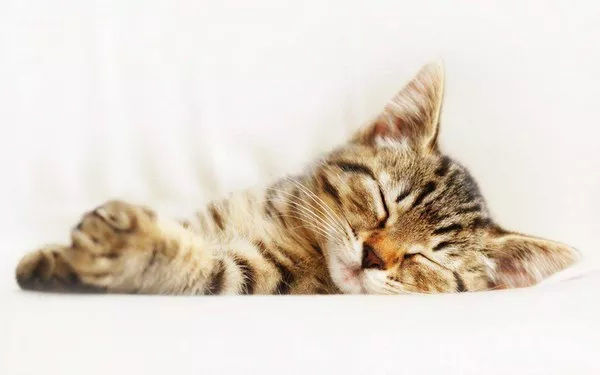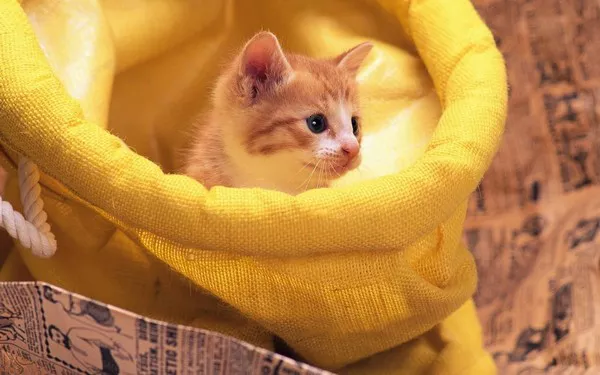Bengal cats are a popular breed of domestic cat that are known for their unique coat patterns and energetic personalities. If you are considering adding a Bengal cat to your family, one of the questions you may have is what is the life expectancy of a Bengal cat?
In this article, we will explore the average lifespan of Bengal cats, factors that can affect their life expectancy, and how you can help your Bengal cat live a long and healthy life.
Average Life Expectancy of Bengal Cats
On average, Bengal cats have a life expectancy of 12 to 16 years. However, some Bengal cats may live longer, while others may have a shorter lifespan. A Bengal cat’s life expectancy can be influenced by a variety of factors, such as genetics, lifestyle, and medical history.
Factors That Affect Bengal Cat Life Expectancy
- Genetics
Genetics play a significant role in determining a cat’s lifespan. Certain genetic factors can make a cat more prone to certain diseases or health conditions, which can impact their overall lifespan. When choosing a Bengal cat, it’s important to work with a reputable breeder who prioritizes the health and longevity of their cats.
- Diet and Exercise
Bengal cats are known for their high energy levels and need for exercise. A healthy diet and regular exercise can help your Bengal cat maintain a healthy weight and prevent obesity, which is a risk factor for many health problems. Providing your Bengal cat with a balanced diet and plenty of opportunities for play and exercise can help them live a longer, healthier life.
- Preventative Care
Regular veterinary care is essential for keeping your Bengal cat healthy and preventing potential health problems. Routine check-ups, vaccinations, and preventative treatments such as flea and tick prevention are necessary to keep your Bengal cat healthy and extend their lifespan. In addition, unexpected illnesses or injuries can occur, which can be costly to treat. Pet insurance is an option for those who want to protect themselves against unexpected veterinary expenses.
- Environmental Factors
Environmental factors can also affect a Bengal cat’s lifespan. For example, exposure to toxins or pollutants can increase the risk of health problems. Indoor cats generally have longer lifespans than outdoor cats, as they are less likely to be exposed to predators, traffic, and other hazards.
How to Help Your Bengal Cat Live a Long and Healthy Life
To help your Bengal cat live a long and healthy life, there are several things you can do:
- Choose a reputable breeder who prioritizes the health and longevity of their cats.
- Provide your Bengal cat with a balanced, high-quality diet.
- Make sure your Bengal cat gets plenty of exercise and playtime.
- Schedule regular veterinary check-ups and follow your vet’s recommendations for preventative care.
- Keep your Bengal cat indoors to minimize their exposure to environmental hazards.
- Pay attention to any changes in your Bengal cat’s behavior or health and seek veterinary care promptly if needed.
In conclusion, the average life expectancy of a Bengal cat is 12 to 16 years. However, a Bengal cat’s lifespan can be influenced by a variety of factors, such as genetics, diet and exercise, preventative care, and environmental factors. By taking steps to prioritize your Bengal cat’s health and well-being, you can help them live a longer, happier life.


























